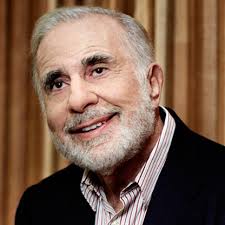
Carl Icahn, the activist investor, is worth $21.3 Billion (Rs. 138,450 crore). He has the reputation of being a swashbuckler/ buccaneer investor. It is common belief that that he buys a controlling interest in a company, forces changes to its management, sells off the unproductive assets, and sells the stock in a short while for a huge fortune.
However, Carl Icahn has made the surprising revelation (@1.15) that he is actually a believer in the merits of long-term investing, and that his riches are attributable to that.
In his latest interview, when the moderator asked him what his stand is on long-term investing versus short-term investing, Carl Icahn pulled out a piece of paper from his jacket where he had scribbled the periods of time for which he has held his favourite stocks.
“I was surprised myself about the long-termism that we do” Carl said. “ACF, I hold 31 years …. I hate to admit that I hold these stocks for this long … American Rail Car Industries, 23 years, PSC Metal, 17 years, Federal Mogul, 14 years, Viscase, 14 years, Accel, 14 years….”
Carl read out several names from his portfolio where the holding period is more than 10 years. “It goes on and on” he said.
“The real money that I made over the years is holding companies for 7, 8, 9 years and keeping them ….. You got to buy them when nobody wants them really …. That’s the real secret …. It sounds very simple but it is very hard to do … when everybody hates it, you buy them … and then when everybody wants it, you sell it to them … And that’s what we do” he drawled.
He recounted this later in the interview when he said that during the sub-prime crises of 2008-09, he bought stocks heavily.
He also said that investors should buy stocks the “Graham-Dodd” way by looking for stocks that are quoting at a price lower than their intrinsic value.
Icahn explained that his role as an “activist investor” is to find companies that are fundamentally good but which are run by incompetent management. He buys a controlling interest, gets the support from the other shareholders, and forces the management to get its act in order.
He also recited an amusing anecdote to illustrate how activist investing works. He explained that when he first bought ACF (ACF Industries LLC, the company that he has now held for 31 years), he saw that though the company had a good business model, it was making no money for the shareholders. The reason for that was that the company had a bloated workforce with highly paid executives, occupying several floors in a prime building, doing nothing but pushing paper from one desk to the other. Their work was contributing nothing to the working of the company. Carl recounted in an amusing manner of how he “cleaned up” the company by getting rid of all the unnecessary staff. “The Company ran as smoothly as before and nobody noticed that the executives were no longer there” Icahn said, much to the delight of the audience.
Carl Icahn’s narration reminds me of the iconic scene from “Wall Street” where Gordon Gekko (Michael Douglas) addresses the shareholders of Teldar Paper in order to get them to vote with him. Gordon Gekko also referred to how the shareholders are being “royally screwed” by “the bureaucrats, with their state lunches, their hunting and fishing trips, their corporate jets, their golden parachutes”.
“Teldar Paper has 33 vice-presidents, each earning over $200,000 a year. I’ve spent the last two months analyzing what all these guys do, and I still can’t figure it out” Gekko said in his inimitable style.
Carl Icahn has the same personality and inimitable style of talking as that of Gordon Gekko!
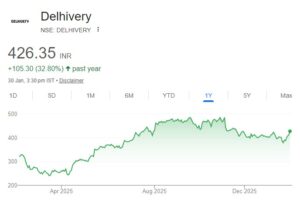
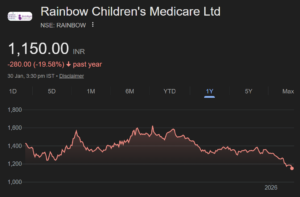
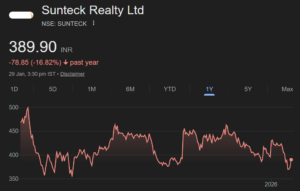
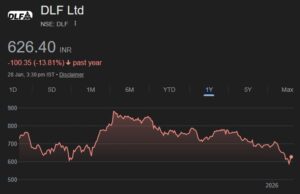
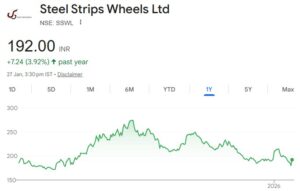
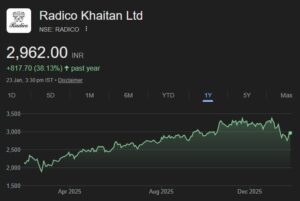
There was already a Carl in movie, Terrence as Sir Larry